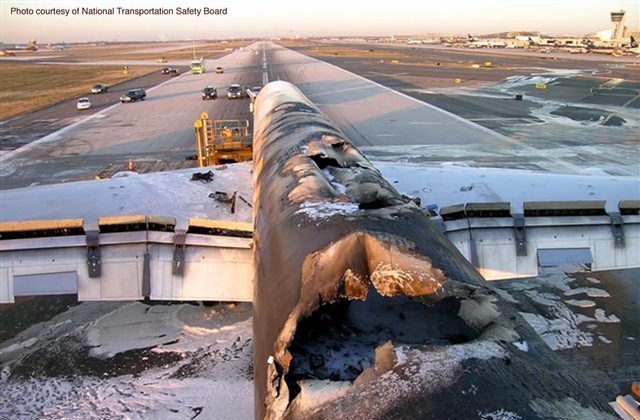The waste management industry body is urging the government to take action in response to the increasing number of fires occurring across the country.
Australia’s waste and recycling facilities are experiencing up to 12,000 battery-related fires annually, resulting in an average additional cost of $400,000 for businesses. These concerning figures have prompted calls from the waste and recycling sector to address the issue at the upcoming Environment Ministers meeting on June 21.
The meeting, which will be attended by federal environment minister Tanya Plibersek and state counterparts, aims to address the growing concerns surrounding lithium-ion batteries. These batteries are crucial for Australia’s transition to a net zero future and are widely used in various devices such as smartphones, laptops, e-scooters, and electric vehicles.
A recent survey conducted by the waste and recycling sector revealed that discarded lithium-ion batteries have sparked 3,115 fires in the past year alone, averaging 5.5 fires per facility. This survey covered 576 waste and resource recovery facilities, representing approximately a quarter of all such facilities in Australia.
The report estimated that these fires incurred costs averaging over $400,000 annually per business, with the highest costs attributed to damage, rebuilding, and replacement. Insurance premiums have also skyrocketed due to battery fires, making it increasingly challenging for the industry to insure trucks and facilities.
The Australian Council of Recycling (ACOR) and the Waste Contractors and Recyclers Association emphasized the urgent need for supply chain-wide measures and industry support to address this crisis. The industry is experiencing fires on a daily basis, putting workers and infrastructure at risk.
The Waste Management and Resource Recovery Association of Australia (WMRR) CEO, Gayle Sloan, described the situation as a crisis and emphasized the need for immediate action at collection points in all states. She called on the nation’s environment ministers to deliver a safe disposal solution for all batteries to prevent further incidents.
Lithium-ion battery fires release hazardous gases, including highly toxic hydrogen fluoride, which can cause severe injuries and death. The Australian Competition and Consumer Commission (ACCC) has warned of the dangers of lithium-ion batteries and emphasized the need for proper management to prevent injuries and property damage.
In conclusion, addressing the challenges posed by lithium-ion batteries is crucial to ensuring the safety of workers, infrastructure, and the community. Immediate action is needed to provide safe disposal solutions and prevent further incidents that could have devastating consequences. Can you please rephrase this sentence?
Source link





